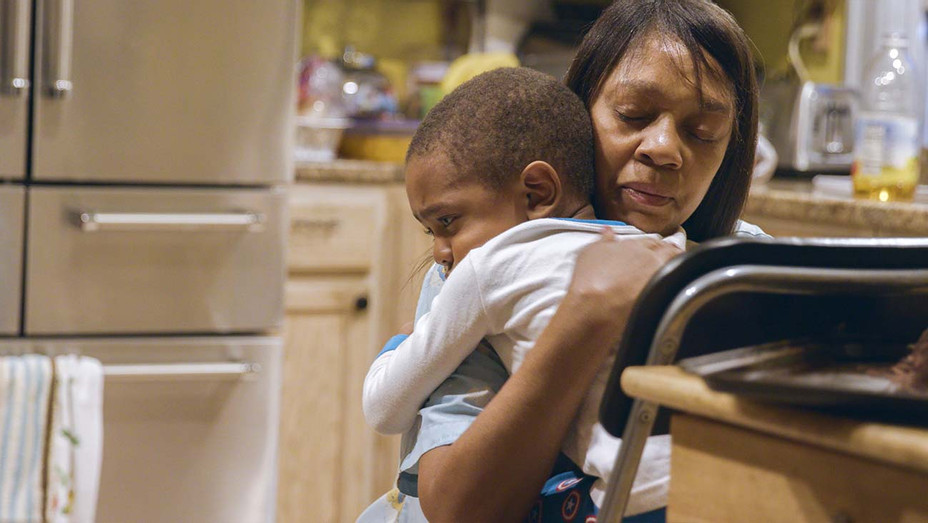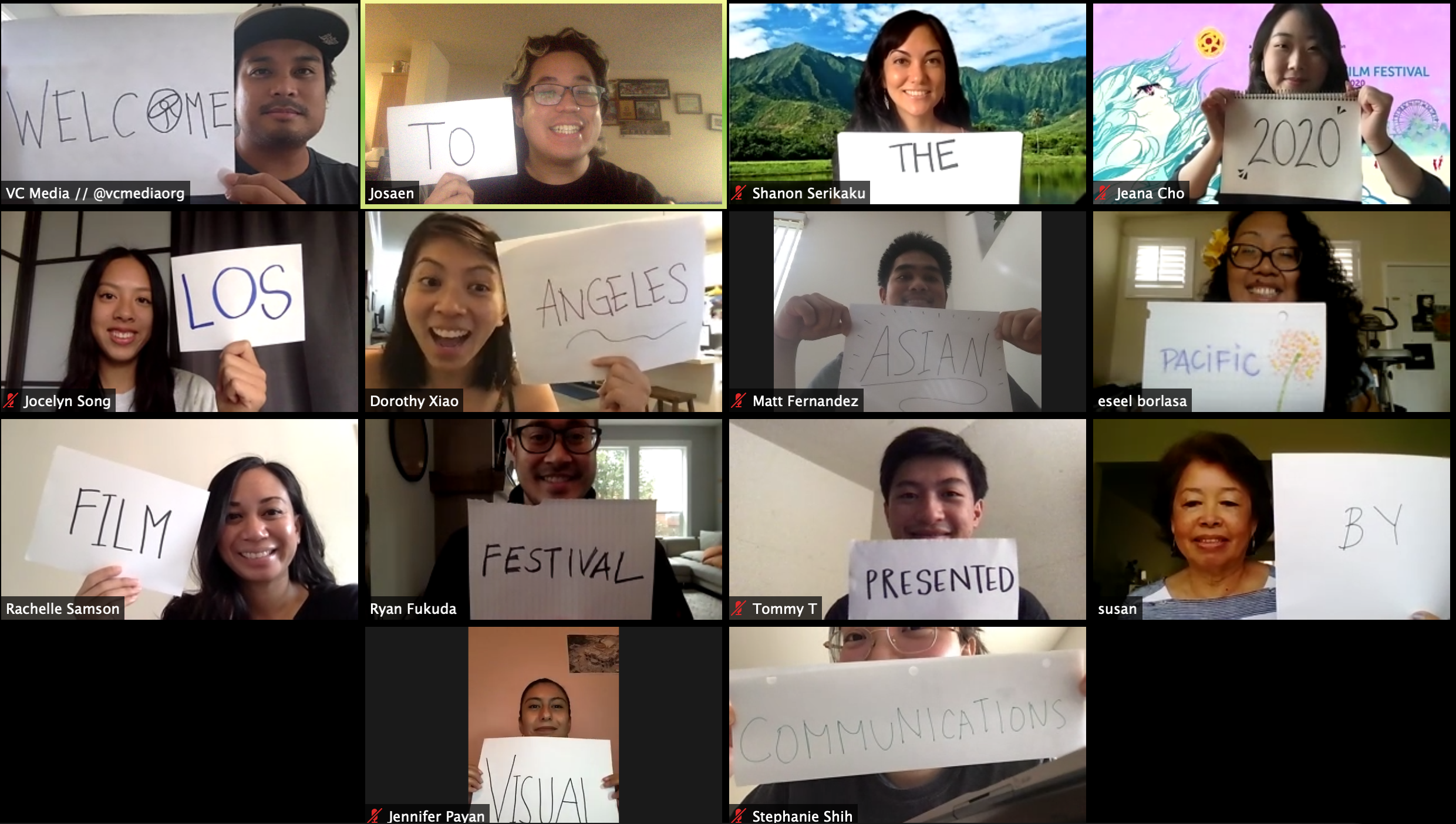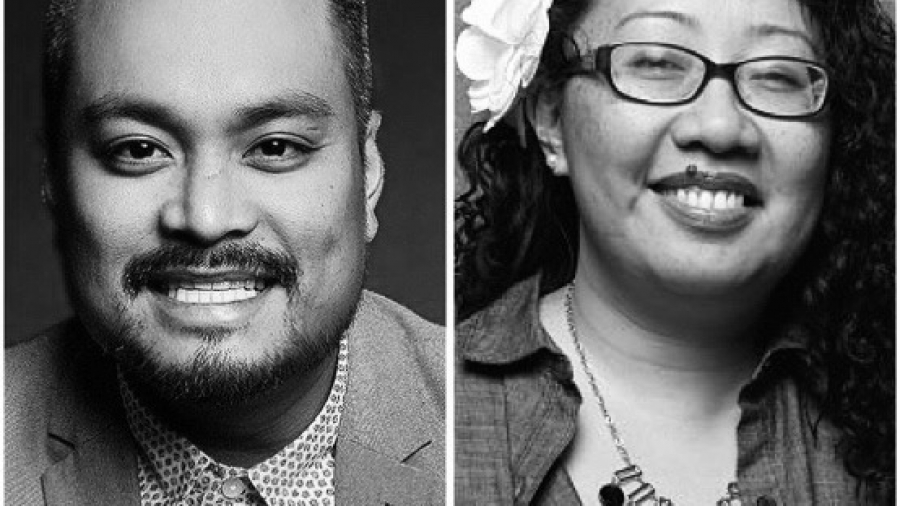Writer Precious Ringor chats with Executive Festival Director Francis Cullado and Sr. Festival Programmer Eseel Borlasa from the Los Angeles Asian Pacific Film Festival to talk about festival programming, audience engagement, and the importance of storytelling in films.
What are your personal experiences with film? Did you always see yourself working at a film festival?
Eseel: I’ve always loved films. I actually wanted to be a filmmaker once upon a time, but I found a path in promoting, programming and PR and that’s been a good fit for me since. Maybe one day, I’ll be in the digital histories program for visual communications.
Francis: Digital histories is our program for recently retired “lolos” [grandfathers] and “lolas” [grandmothers] where they can become filmmakers, so it’s never too late to become a filmmaker. For me, my background is in Asian American studies. I’m not a filmmaker or producer. I think what drives us is that a lot of the work we do has a creative aspect to it. It really comes down to supporting these storytellers and for their stories to continue and not be forgotten.
How do you define the mission of LAAPFF?
Francis: It’s to support and amplify stories by and about Asian and Pacific [Islanders] across the world. Making sure their stories are not about their typical depiction in mainstream narrative but really about their true experiences across the diaspora.
Is there a specific community or target audience your festival serves?
Francis: The way we see it, if we program a Filipino American film and only Filipino Americans come, then we’ve ultimately failed. A lot of the stories we look for should be universal so other people can relate to it. We want to have specificity with the programming so everybody in the world sees themselves in it. We also partner with organizations who do the groundwork. As much as we want to amplify filmmakers, we want to amplify their communities, too. Our main mission is to take filmmakers, take the community, and put them together.
With the festival turning virtual, how are you keeping your audience engaged online?
Eseel: We created a virtual version of our C3:CONVERSE conference. This time, we’re kind of staggering it on weekends throughout the month. As we gather to hear these artist conversations, we’re hoping that will create the community experience we want. We’ll hopefully see familiar names in the chat and have the sort of energy you normally have during the festival. We also have some limited, interactive programming with our REORIENT program. It’s basically storytelling using new technology. We also have storytelling along the Minecraft platform, so we’re incorporating types of interactions that way. Even if we can’t shake hands, we can at least interact with each other online.

Still from Through The Night.
Did programming change with the transition to a virtual festival?
Francis:. This is actually our biggest festival in terms of programming because when you go virtual it’s sort of like Netflix. It’s infinite. How do you give enough time for people to watch [films] without getting virtual fatigue? That’s still a struggle during this time. How do you have natural connections with people when things are this way? The festival is not [just] about film, but filmmakers and artists connecting with each other.
Eseel: It’s really about our filmmakers, what stories they are telling and why they are telling it. Being in this virtual space, we’re not limited by time slots in a venue and people having to fly to us. We have this really nice gift. Guests are at our festival that wouldn’t have had the opportunity before to fly to Los Angeles. So, that’s been the nicest thing we’ve had. Also, welcoming artists from overseas. I don’t know if we would ever have had that back in May.
Francis: This year we’re actually programming a story that is not about anything Asian or Pacific. It’s called Through The Night by Loira Limbal, a documentary about caregiving. The reason Eseel and I programmed it is because it reminded us of our lolos and lolas. This aspect of caregiving is what everybody goes through. We’re [also] trying to give the people behind the camera the spotlight. [We’re putting] films up so people can have conversations around it. If we don’t, people will just forget. We see that happen a lot. Most of the time in Hollywood, you only know people in front of the camera. You might know a filmmaker’s name, but you don’t know what they look like.
Are there any films or events that you’re excited about in the festival?
Eseel: I’m going to have to sayThrough The Night. To have a director that’s not of AAPI descent and the content onscreen is not AAPI at all, the fact that we’re utilizing that human experience, [talking addressing] the urgency of domestic care work and parenting in this time of COVID to bridge BIPOC communities – that, I think, is important.
Francis: Loira’s an Afro-Latina filmmaker. This is a film that we had [programmed] for Mother’s Day in May and for international workers day. I look at films that remind me of an experience – of my parents, something a little deeper. Loira’s film was personal for me and I wanted to show that the experiences of caregiving, Overseas Filipino Workers, and nursing are not just Filipino experiences. If we can humanize other people through their stories, I think we can be better people to each other. We’re also highlighting the Undocumented Filmmakers Collective. So it’s not just Asian and Pacific stories, even though Asians and Pacific Islanders could also be undocumented people.
We’re supporting almost 300 artists and filmmakers which is a lot. In a normal festival, it would probably just be 200 at most because we can’t have 10 screens running at once. We want folx to feel like they’re a part of something with other people. I just hope that they have some time and energy to engage with each other, to watch each other’s films and be fans of each other.

Photo of the LAAPFF 2020 Staff.
To learn more about the LA Asian Pacific Film Festival, visit https://vcmedia.org/festival
Stay tuned in to @VCFilmFestival #LAAPFF2020 for updates about the event!

